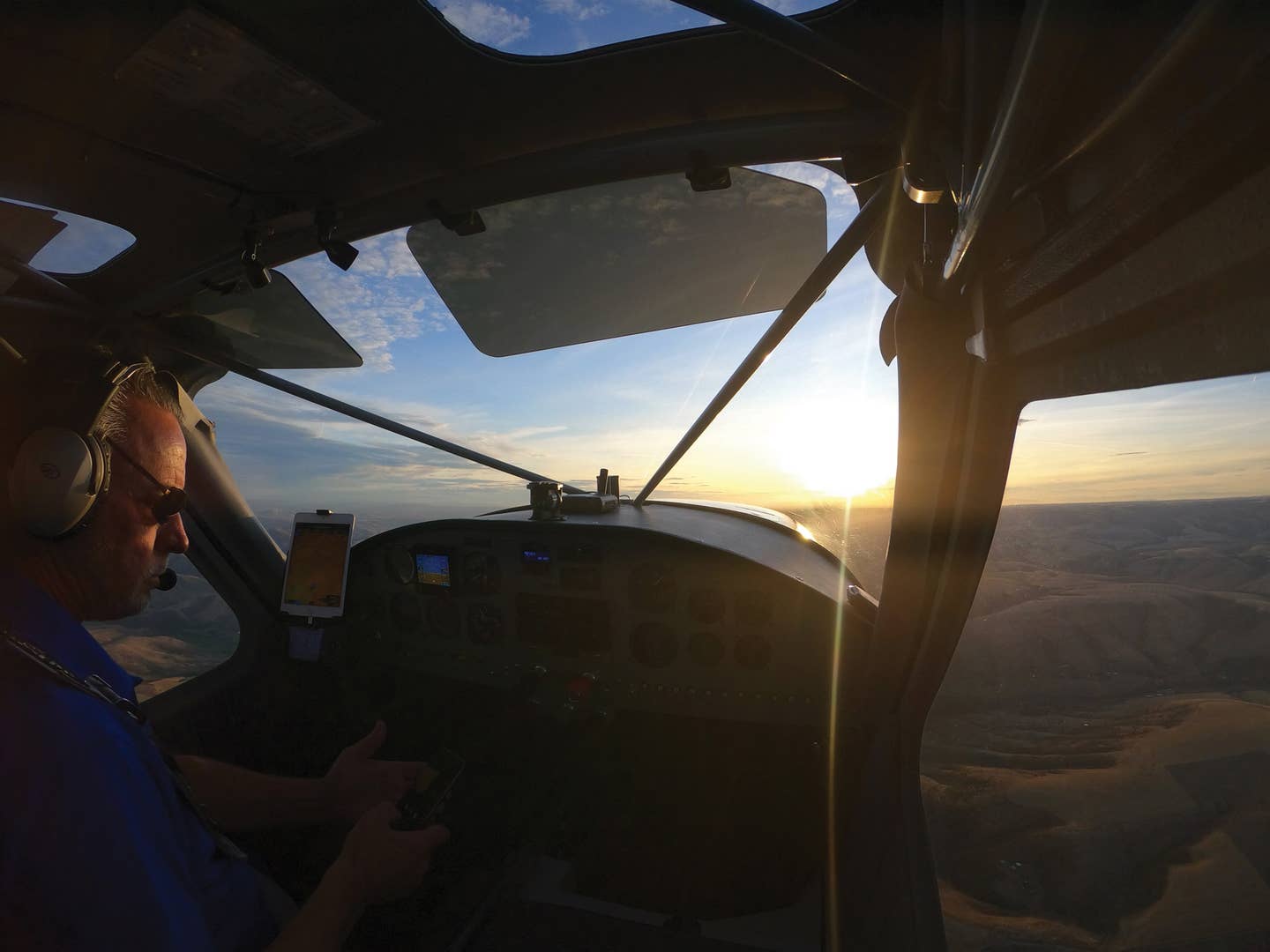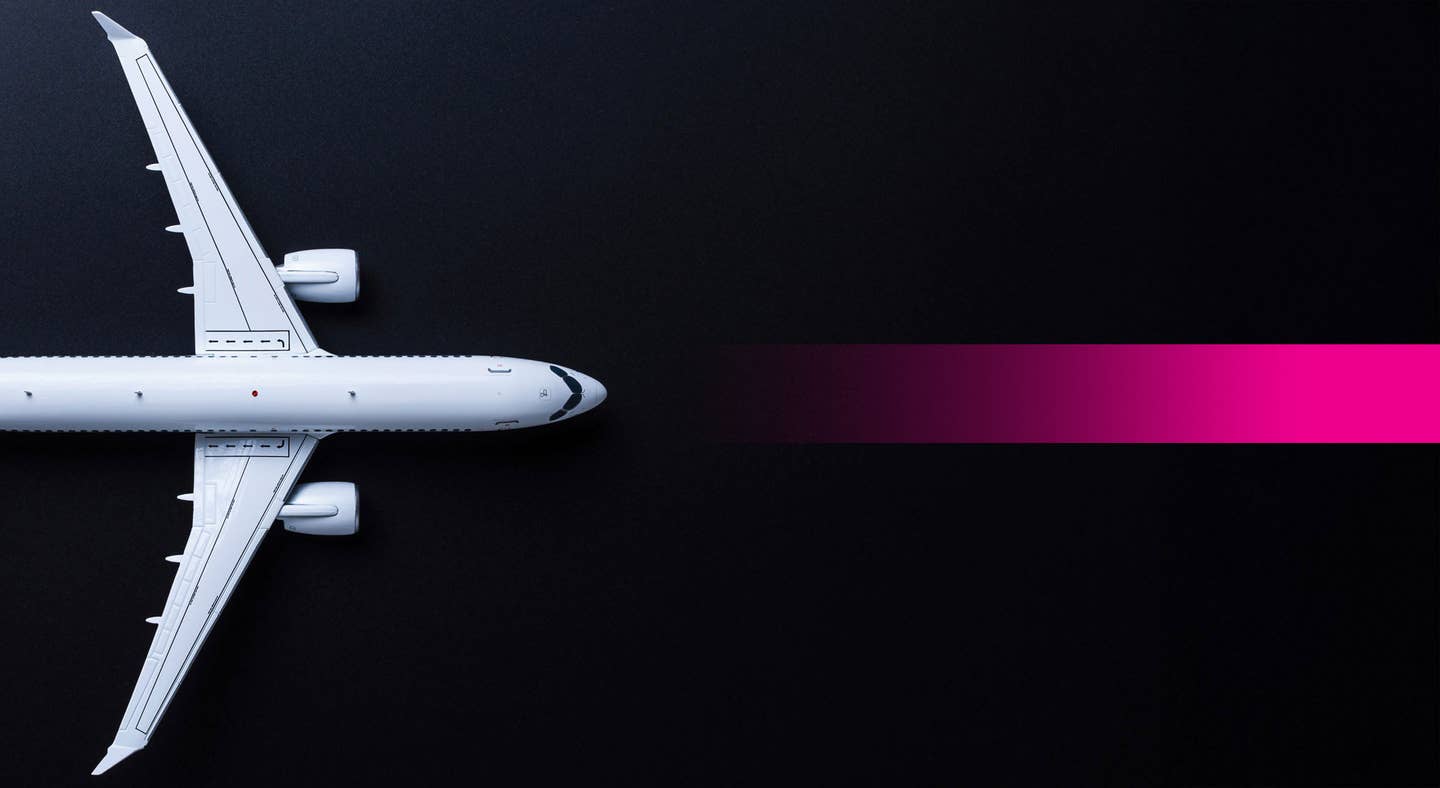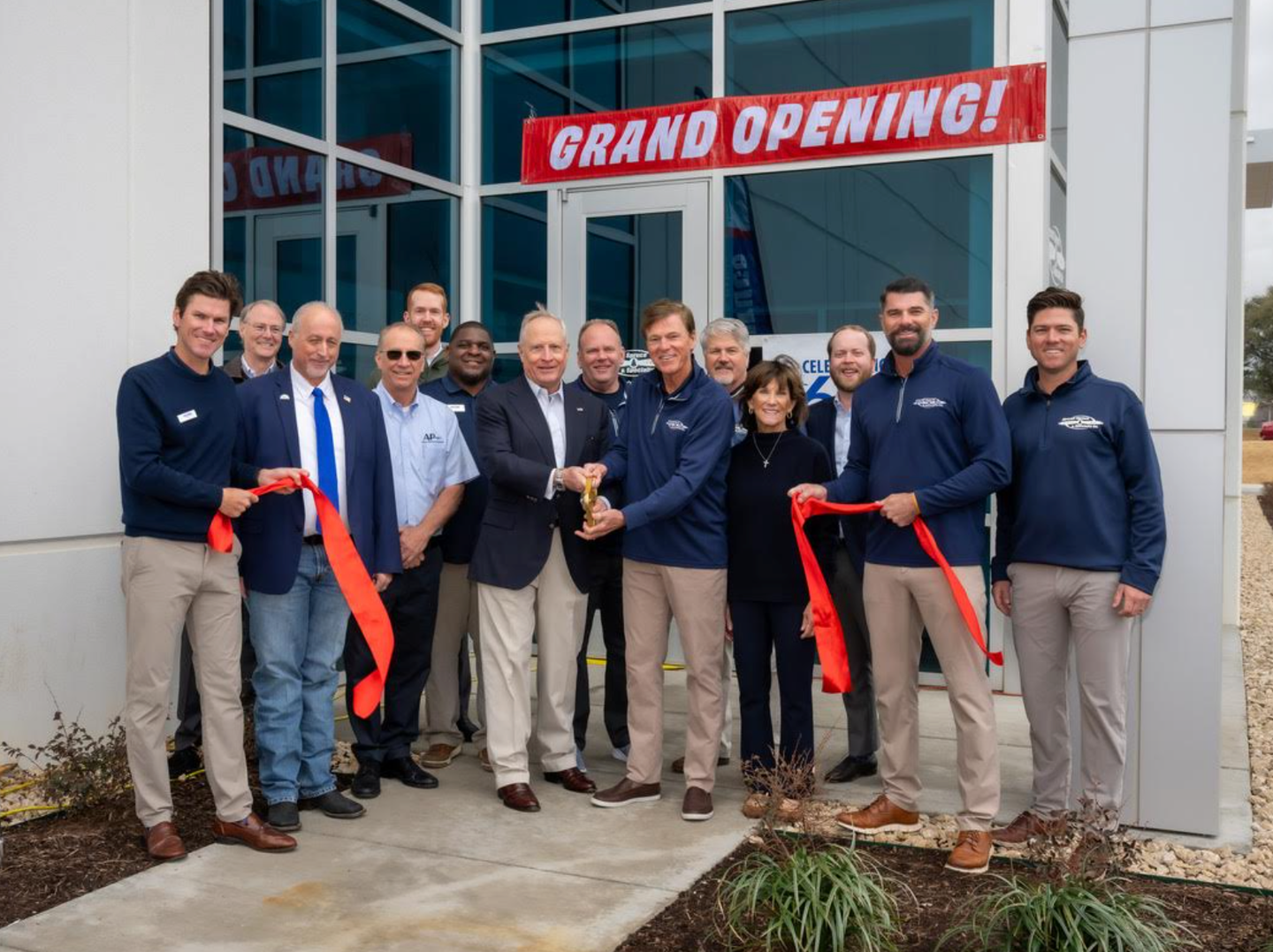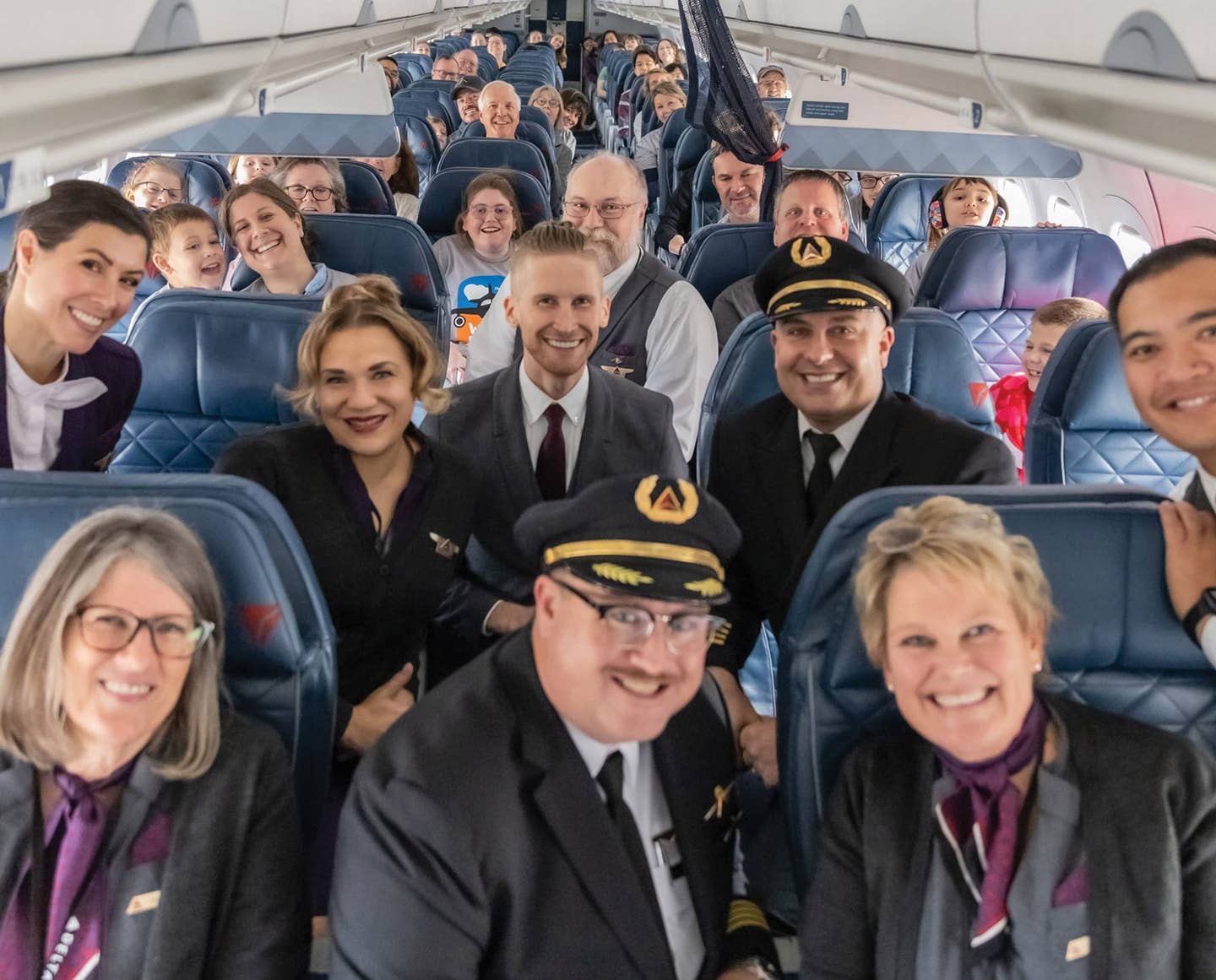Who Stays Open? With COVID-19 Quarantines, Aviation Companies Struggle With The “Essential”Designation
Businesses, from FBOs to repair shops to online retailers, try to figure out where they fit in, with widely varying interpretations.
In the wake of the coronavirus pandemic and the lack of federal mandates, restrictions on aviation companies shutting down or staying open for business has been a hodgepodge of interpretations with little consistency from place to place or sector to sector, with the only constant being change and uncertainty.
One of the biggest factors in companies ascertaining their "essential" status is whether there is even a coronavirus-related shelter-in-place order for that municipality or region. The entire state of California, for instance, is under such an order, and in other places, such as New York City and Dallas, the orders have been given by the city. The Department of Homeland Security does have guidelines for determining a business's status, but those rules are fairly broad and not binding in most instances. In cities and states with shelter-in-place orders in light of the COVID-19 threat, rules are sometimes given the force of law, sometimes with substantial penalties for violations, and other times are more akin to recommendations.
Based on what a company does, it can still be hard to tell who stays open and who shuts down. Boeing, for instance, in the hard-hit by COVID-19 Seattle, Washington, area, has closed most of its production, while keeping other operations going, but with increased safety measures. Textron Aviation in less-hard-hit Wichita, Kansas, is not under any mandatory closure orders, but shut down its line and sent 7,000 of its workers home for a few weeks at least. Public health experts have said that companies like these, who do work in support of the national transportation infrastructure and military supply lines, could have credibly claimed "essential" business designations to keep their lines open, but chose not to.
Other companies we spoke with reported that they have self-designated as essential businesses supplying fuel and charting products, for instance, to government and Department of Defense operators, while they are closing other parts of their business that don't provide essential services. More than one company asked not to be named in this piece.
Some flight schools, as we reported last week, are being operated in a business as usual way while others are shut down completely. As of this week, FAA designated examiners are still giving check rides, at least in places where they are allowed to do so, though some designees are still providing services in places where shelter in place is in effect, leaving it up to applicants and trainees to find out for themselves.
Some of these decisions are more proactive than reactive, based more on employee and/or customer safety than government shutdowns. Other companies are staying open despite the "essential" designation being a grey area.
Other companies and organizations are shutting down their public-facing operations, while continuing internal operations, often having those workers who can do so work from home. Plane & Pilot and its owner, Madavor Media, has gone to an all-remote operation, with no employees at the headquarters, even though it is not currently under a shelter-in-place order.
A number of companies that are staying open in whole or in part noted that they have instituted special safety precautions, including spacing employees a safer distance apart, providing personal protection and increasing cleaning services throughout the workplace. For some companies, that workplace includes the aircraft interior, where safe spacing between occupants is not possible.

Subscribe to Our Newsletter
Get the latest Plane & Pilot Magazine stories delivered directly to your inbox






